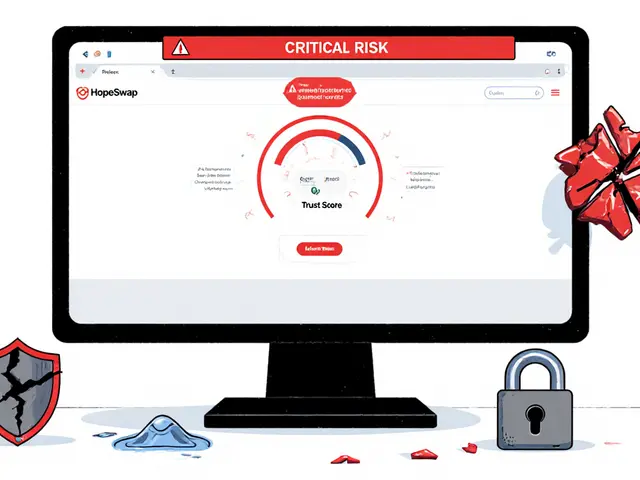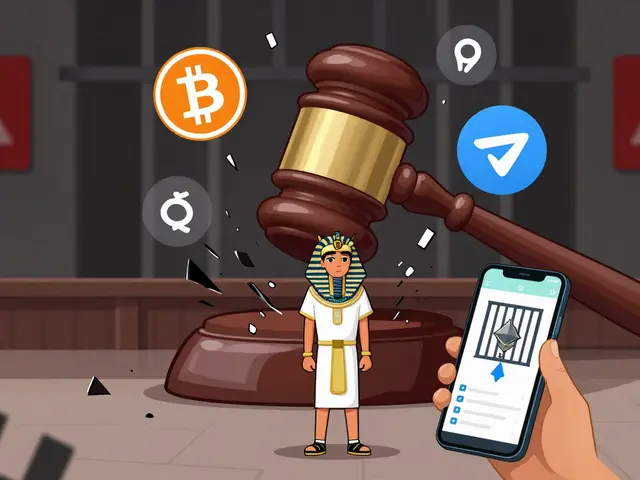Airdrop: Latest Crypto Token Giveaways and How to Claim Them
When talking about airdrop, a free distribution of crypto tokens to a community of users, usually in exchange for simple actions or holding a certain asset. Also known as token giveaway, it has become a popular way for projects to bootstrap liquidity and raise awareness. In this space, knowing the rules, timing, and safety steps can turn a vague buzz into a real asset in your wallet.
Why Airdrops Matter for Token Distribution
Token distribution, the process of allocating newly minted tokens to users, investors, or partners is at the heart of any airdrop. Projects use it to seed their ecosystems, reward early adopters, and generate organic buzz. A solid token distribution plan often includes eligibility criteria like holding a specific coin, completing a social task, or joining a community channel. This requirement creates a direct link between the project's growth and the participants' engagement, making the airdrop a win‑win for both sides.
Crypto airdrop, the specific practice of handing out cryptocurrency tokens for free influences market liquidity by introducing new holders who may trade or use the token. When a reputable project launches a crypto airdrop, it can spark a short‑term price bump and increase visibility across exchanges. However, the impact varies: a well‑targeted airdrop boosts real utility, while a scatter‑gun approach may just attract speculative flips.
Understanding the broader blockchain token, any digital asset issued on a blockchain ledger ecosystem helps you evaluate an airdrop’s potential. Look at the token’s underlying chain, consensus mechanism, and roadmap. Tokens on fast, low‑fee networks tend to be more accessible for everyday users, while those on congested chains may require extra gas fees even for a free claim. This technical context shapes both the user experience and the long‑term viability of the token.
Tax and regulatory considerations are another piece of the puzzle. Different jurisdictions treat airdropped tokens as income, capital gains, or sometimes even gifts. For example, in India a 30% crypto tax applies regardless of how the tokens were obtained, while Germany’s one‑year holding rule can make long‑term airdrop gains tax‑free. Knowing your local rules helps you stay compliant and avoid surprise penalties.
Staying on top of new airdrops requires reliable tools and alerts. Many traders follow dedicated Telegram channels, Twitter accounts, and Discord servers that announce upcoming giveaways. Some platforms even offer built‑in watchlists and push notifications. Pair these sources with a secure wallet that supports multiple chains, and you’ll be ready to claim the next drop the moment it goes live.
Below you’ll find a curated collection of articles covering everything from specific Bull Finance and SupremeX airdrop walkthroughs to safety checklists and tax guides. Whether you’re after step‑by‑step claim instructions, tokenomics deep dives, or compliance tips, this list gives you a practical launchpad to make the most of each airdrop opportunity.
Learn the truth behind the rumored POTS airdrop by Moonpot, see current token stats, spot scams, and get a step‑by‑step guide to protect yourself.



 Finance
Finance




